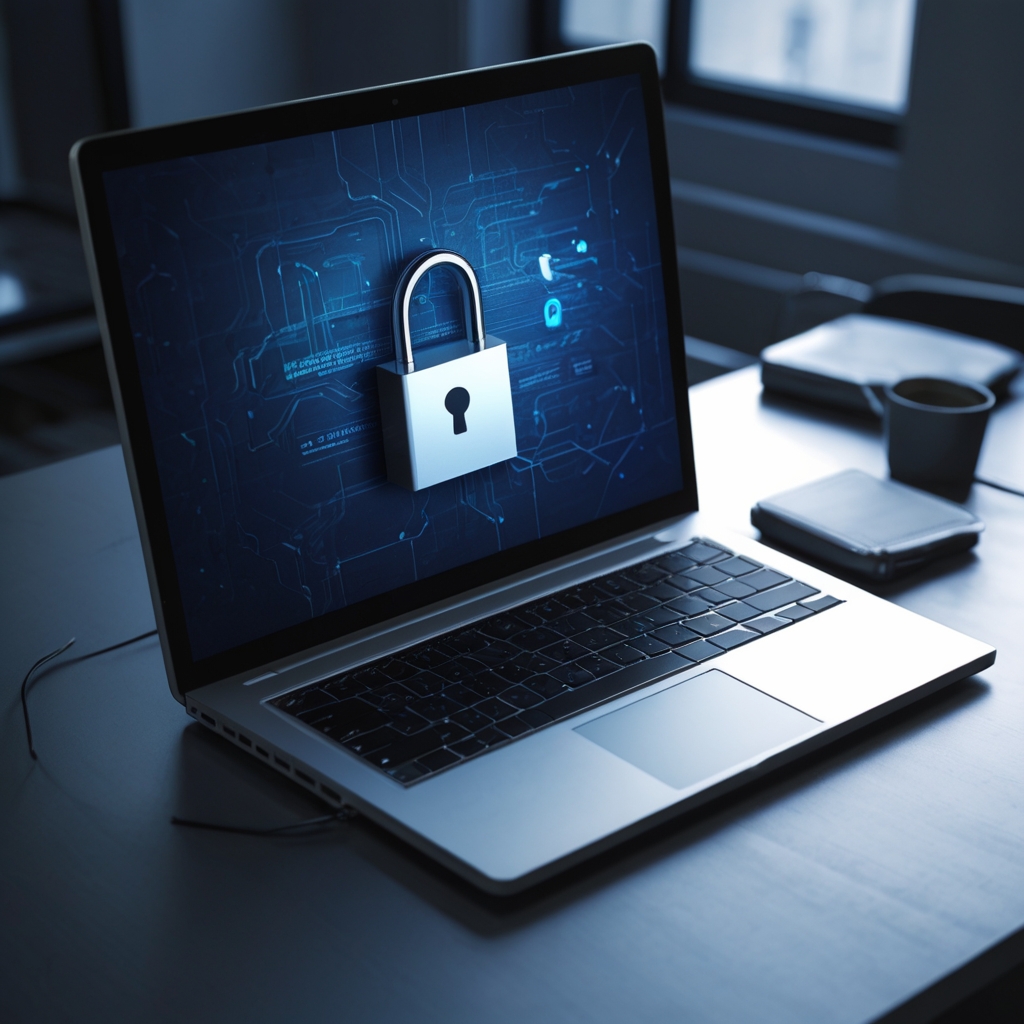
This is an important post in a series for beginners, today we cover what is SSL?
When you’re setting up your first website, you’ll come across the term SSL certificate pretty quickly, especially if you want your site to be secure and taken seriously. But what exactly is SSL, and why do you need it? Don’t worry, this guide will break it down in plain English.
Table of Contents
ToggleWhat is SSL?
SSL stands for Secure Sockets Layer. It’s a type of digital certificate that encrypts the connection between your website and anyone visiting it.
In simple terms, it helps protect any information people send or receive on your website, like contact form messages, login details, or payment info.
You’ll know a site has SSL when:
The web address starts with https:// (not just http://)
There’s a padlock icon next to the address in your browser
Why Is SSL Important?
SSL isn’t just for big websites or online shops. It matters for every website. Here’s why:
1. Protects Your Visitors
SSL encrypts data, meaning it turns sensitive information into unreadable code while it’s being sent. This stops hackers from stealing personal details like names, email addresses, or passwords.
2. Boosts Trust
When people see the padlock symbol, they’re more likely to trust your site. Without SSL, visitors might see a “Not Secure” warning in their browser and that’s an instant red flag.
3. Essential for SEO
Google gives preference to secure sites. If your site doesn’t have SSL, it could impact your search engine rankings. For small businesses, this can mean the difference between being found or being buried.
4. Required for Many Features
Some website features, like accepting payments, creating user accounts, or even using certain third-party tools, require an SSL certificate to function.
Do You Need SSL If You’re Just Starting Out?
Yes. Even if you’re just creating a small website with a contact form or blog, SSL is still important. It’s about trust and professionalism. A website without SSL looks unfinished and visitors may not stick around.
How Do You Get an SSL Certificate?
SSL certificates are usually offered by the company that hosts your website. In many cases, it’s included for free.
Here’s how it typically works:
Website builders like Wix, Squarespace, and WordPress.com include SSL automatically. You don’t need to do anything, just make sure it’s turned on.
Self-hosted websites (like WordPress.org): You’ll often get a free SSL when you buy hosting. Some hosts offer Let’s Encrypt SSL for free, while others may charge a small fee.
You can also buy an SSL certificate separately from a domain registrar or third-party provider if your host doesn’t include one.
Types of SSL Certificates
You don’t need to go deep into the technical details, but it’s helpful to know there are different levels of SSL:
DV (Domain Validated) – The most common for small websites. Quick, easy, and usually free.
OV (Organisation Validated) – Verifies the business behind the site. Often used by larger companies.
EV (Extended Validation) – Offers the highest level of trust and displays the business name in the address bar.
For most small businesses, a DV certificate is perfectly fine.
Common Questions About SSL
What happens if I don’t have SSL?
Your site may show as “Not Secure” in web browsers like Chrome and Safari. This can scare off visitors, even if your content is completely safe.
Can I use SSL with a free domain?
Yes, many free domain setups on builders like WordPress.com or Wix come with basic SSL protection. But keep in mind, having a custom domain (see our Domain Name guide) makes your site look far more professional.
Do I need to renew SSL?
Yes, but many providers auto-renew it for you (especially if it’s free). Just check with your host or builder.
🧠 Final Thought
SSL might sound technical, but it’s actually one of the easiest ways to build trust and improve your website’s performance. Most website builders and hosts handle it for you, so there’s no excuse to go without it.
Think of SSL as a must-have, not a nice-to-have. It keeps your visitors safe, boosts your search visibility, and makes your business look professional from day one.
